‘Get ready for the stink,’ said Oscar as we walked up the concrete ramp to the entrance of the ape house. As we pushed through the swing door, the smell of herbal manure and the humidity were momentarily overwhelming. Once our eyes had adjusted to the darkness, we saw the usual crowd gathered in front of the reinforced glass window that separated the mountain gorillas from the human beings. We had stupidly left Oscar’s iPad on the first bus of the three it had taken us to get there, but by now our devastation had given way to depression. The sight of these mountain gorillas made the iPad seem curiously irrelevant.
I have a theory that the gene responsible for obesity in humans also compels them to go to the zoo. Eight out of every ten people walking around Paignton zoo that day were, I swear, massively fat. Some were on wheels, either electrically powered or propelled by other fat people. Walking sticks, frames and Neoprene supports testified to the weight exerted on knee and ankle joint. Every hundred yards or so we passed a kiosk selling ice creams and snacks with a queue of overweight people standing in front of it. ‘Variability of the species,’ said Darwin, ‘may be partly connected with an excess of food.’ When compared with the species held captive in the cages, paddocks and enclosures, the variability in the size of the human beings was much greater. Also, the captive species were more composed, their powers of concentration were greater, and outwardly they appeared more content.
In the gorilla house, the unfavourable comparison was unavoidable. The great apes were lying around in the rope hammocks provided for them, deep in their own thoughts. ‘Who is the most intelligent, do you think?’ I asked Oscar. ‘Gorillas or people?’ Oscar interrupted his own silent contemplation of the gorillas to join me in comparing the behaviour of the watchers with that of the watched. The watchers were the more ignoble species, clearly. And the apes probably had fewer gothic tattoos. Initially unsure of what to make of the magnificent organisms confined on the other side of the glass, and of their relationship with them, the majority of the humans resorted to lewd gestures, scatological observations and arrogant levity, which was taken up with gusto by the children. Speaking for myself, I had as little trust in the convictions in the minds of the onlookers as I had in those in the minds of the apes. Oscar’s view was that although the apes looked thoughtful and intelligent, they were also terrifyingly big and muscular, and he hoped the glass between them and us was thicker than it looked.
When we came to the monkey house, I heard, then saw, a Supermarine Spitfire flying low over the zoo on its approach to the airshow over Paignton seafront. I had recently read the magnificent First Light by Geoffrey Wellum — it was sent by a kind reader — and I was beside myself. I received a few curious glances but nobody could be bothered to look up as well. Perhaps nobody possessed the agility. Oscar looked but was unimpressed. I didn’t explain. It would probably have come out as incomprehensible platitudes.
After the apes we looked at meerkats. The meerkats were play fighting outside one of their burrow entrances, oblivious to the attention they were getting from the row of children leaning over their enclosure wall. In spite of the children’s distracting catcalls, the meerkat sentries were apprehensively watching the sky for predatory gulls. After the meerkats, the moulting Bactrian camels looked ridiculously scruffy. The solitary, ancient African elephant was partially blind but still had a good appetite. We both noticed for the first time how handsome, charming and engaging the red river hogs were when seen close-up. They were four boon companions, their coats were a beautiful shade and Oscar wondered whether the striking curlicue hairs extending from the tips of the ears of two of them indicated masculinity. Probably, I said.
It took three buses to get home again. The first was an open-topped bus and we sat upstairs and enjoyed the novelty of riding back into Paignton high up with the sun and wind in our faces. The second bus was packed with people returning from the airshow. Everyone was subdued, as though it had all been too much for them. On the third and final bus, we sat upstairs at the front, as we had on the way there, which reminded us that we were down one mini iPad on the day. The driver was a hard-faced woman who believed without qualification in the reality of the external world. No iPad had been handed in as far as she knew, she said, and she kindly supplied the company’s customer-services number, which was unfortunately closed until Monday.
Got something to add? Join the discussion and comment below.
Get 10 issues for just $10
Subscribe to The Spectator Australia today for the next 10 magazine issues, plus full online access, for just $10.
You might disagree with half of it, but you’ll enjoy reading all of it. Try your first month for free, then just $2 a week for the remainder of your first year.


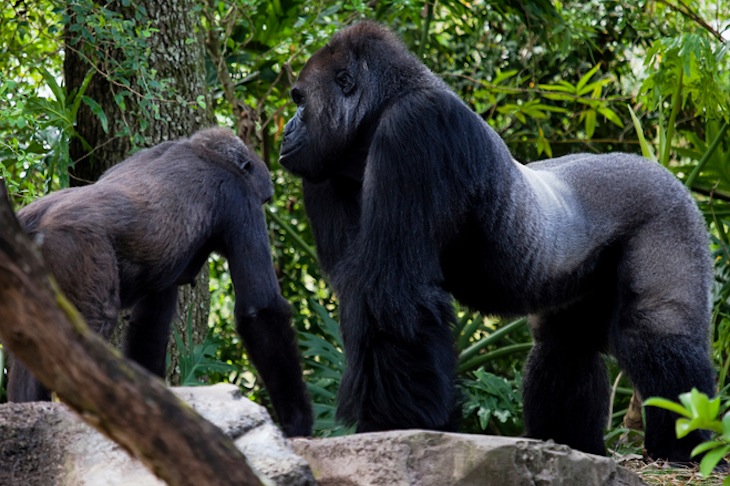

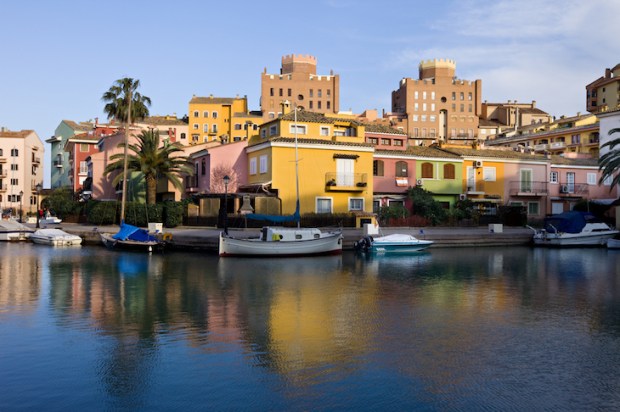
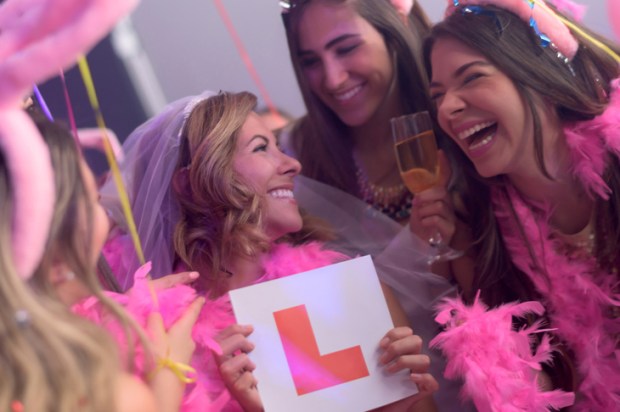
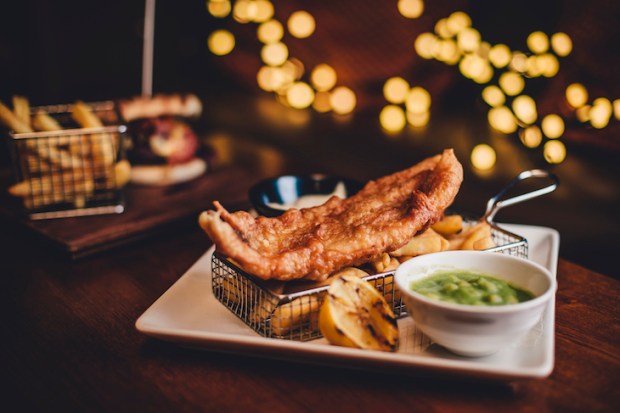
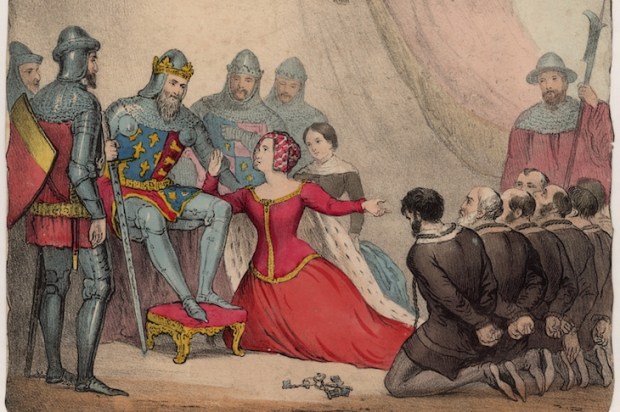
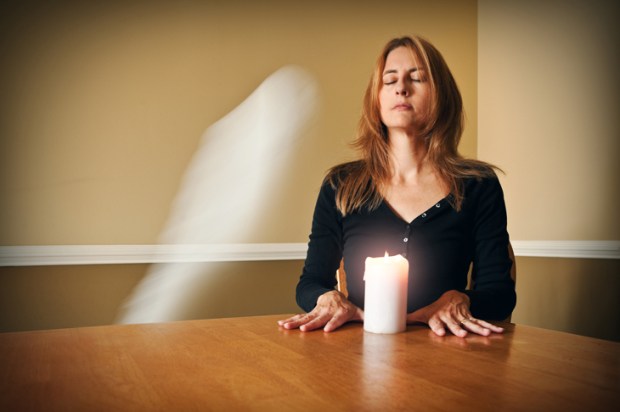






Comments
Don't miss out
Join the conversation with other Spectator Australia readers. Subscribe to leave a comment.
SUBSCRIBEAlready a subscriber? Log in